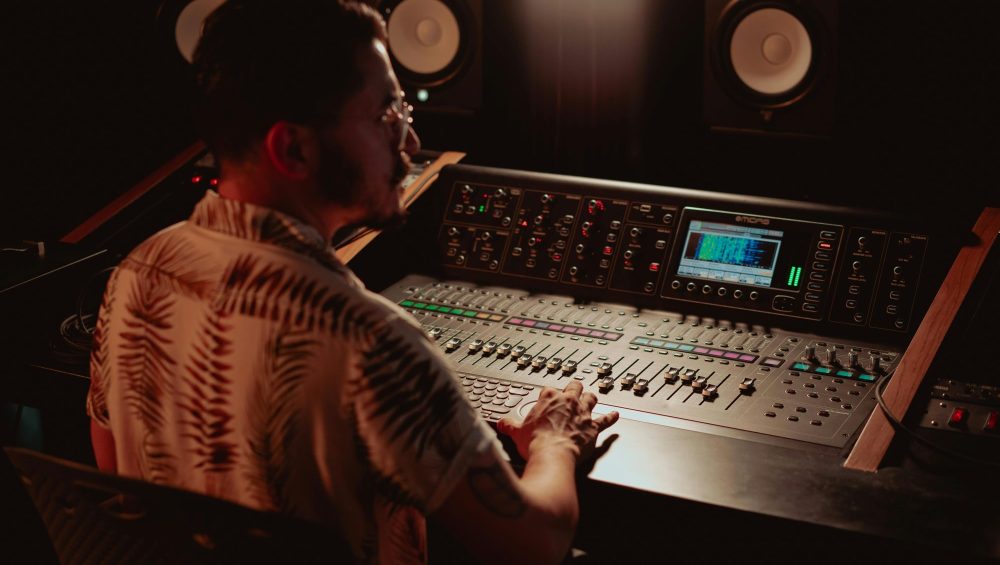

Over the years of being a DJ and music production hobbyist, I have used, loved, and hated a wide variety of gear. I’ve owned turntables, CDJs, DJ controllers, all-in-one systems, headphones, MIDI keyboards, surface controllers, studio monitors, and countless other bits and pieces. If it was designed for DJs or producers, chances are I’ve owned it, tried it, or at least seriously considered buying it.
Yes, you could say that at one point I had a bad case of GAS (Gear Acquisition Syndrome). If there was new shiny gear out in the market, you bet I’d buy it. It didn’t even matter if I already had something that did the same job. If the new version promised more buttons, better jog wheels, crisper screens, or just looked cooler — I was in.
Looking back, it’s easy to laugh at how impulsive some of those purchases were. But at the time, it felt like I was building the ultimate setup — one piece of gear at a time. I convinced myself it was all essential. A new controller would unlock new skills. A pair of studio monitors would make my mixes 10x better. A new synth would unlock hidden creativity. Sometimes, that turned out to be true — but more often than not, it didn’t.
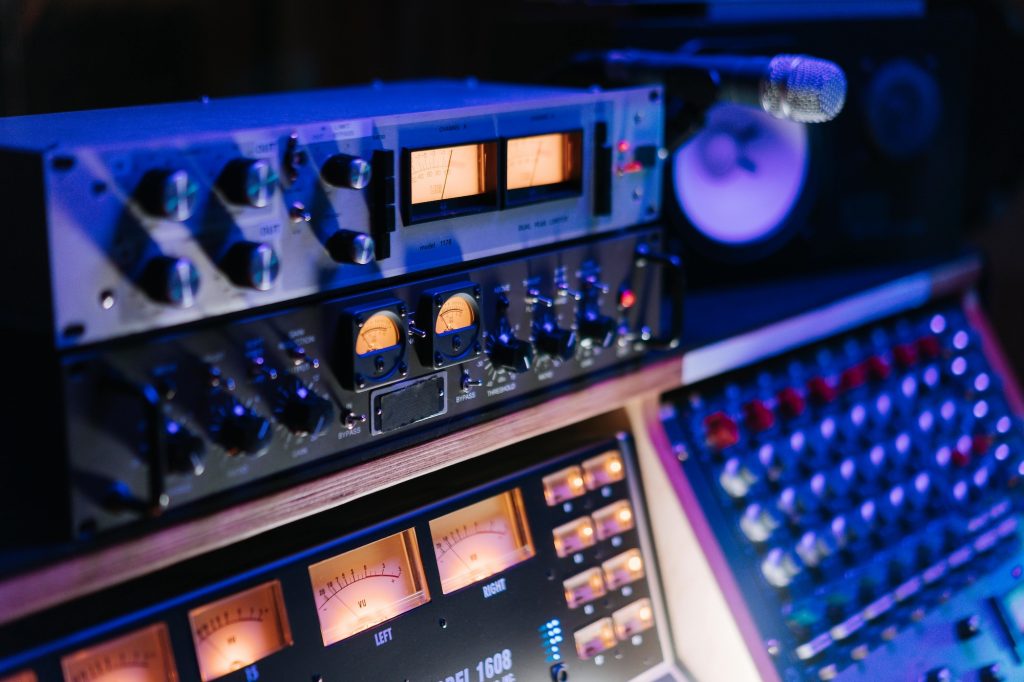

Most of my gear had varying contributions to my creativity. Some of them were more of a hindrance than a help. They slowed me down. They introduced unnecessary complexity. Some I bought simply for the sake of looking more “pro,” especially when performing live or posting studio photos on social media. Others I bought because I thought they’d make me a better musician (they in fact did not make me a better musician). And a few I bought because I fell victim to really good marketing, clever influencers, or flashy YouTube demos that made everything seem like a must-have.
And I’m actually not alone in this. A good number of artists in my circle — and plenty more online — are guilty of the same thing. We chase gear thinking it will unlock the next level of our sound or career. But we all have one more thing in common. We forget the fundamentals. We get carried away. We forget the one indispensable tool that we all have, that we all use, and that we all forget to take care of… until it’s too late: our ears.
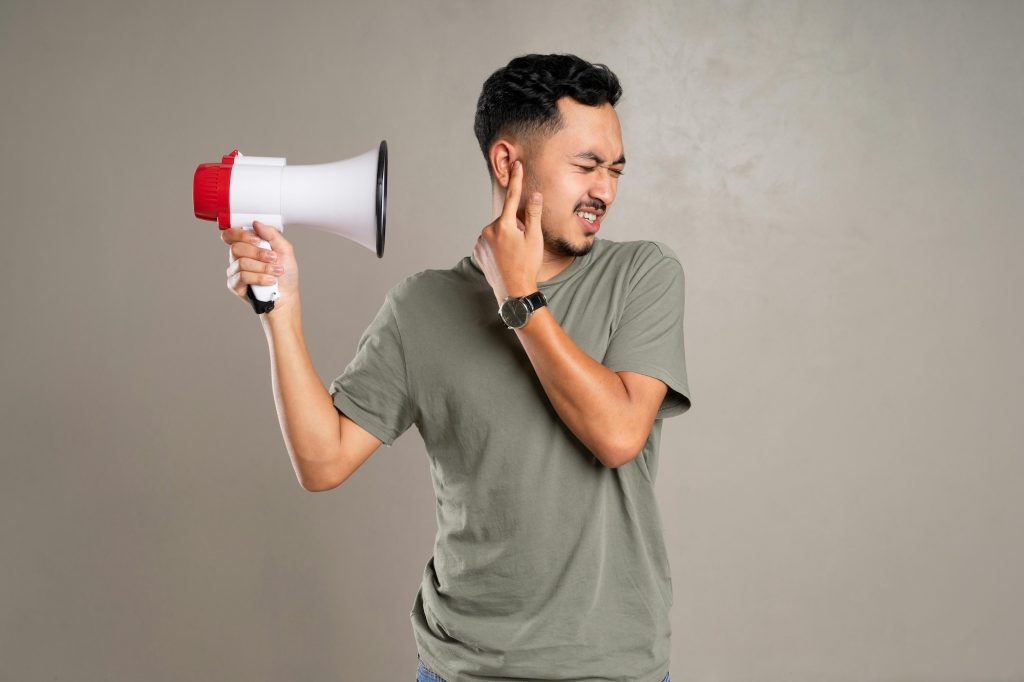

Yes. Five paragraphs of buildup just to drop “our ears.” But trust me — I’m not exaggerating. After being diagnosed with acquired mild to moderate hearing loss, I can’t advocate enough for taking care of your hearing. And that’s because no one seems to be taking it seriously enough — especially in our industry.
Here are some statistics about hearing loss in the music world:
- Up to 50% of musicians may experience hearing loss during their careers.
- 37% of musicians report tinnitus, and 30% report hyperacusis (sensitivity to sound).
- Musicians are four times more likely to suffer from hearing loss than non-musicians.
Musicians are also 57% more likely to develop tinnitus compared to the general population.


And here are a few hard facts:
- Exposure to sound above 85 dB for more than 8 hours can cause permanent damage.
- Clubs and concerts regularly hit sound levels of 100–110 dB, often with very little ear protection in place.
Many modern commercial headphones can output sound levels well above 100 dB, and people often crank them up without realizing the danger.
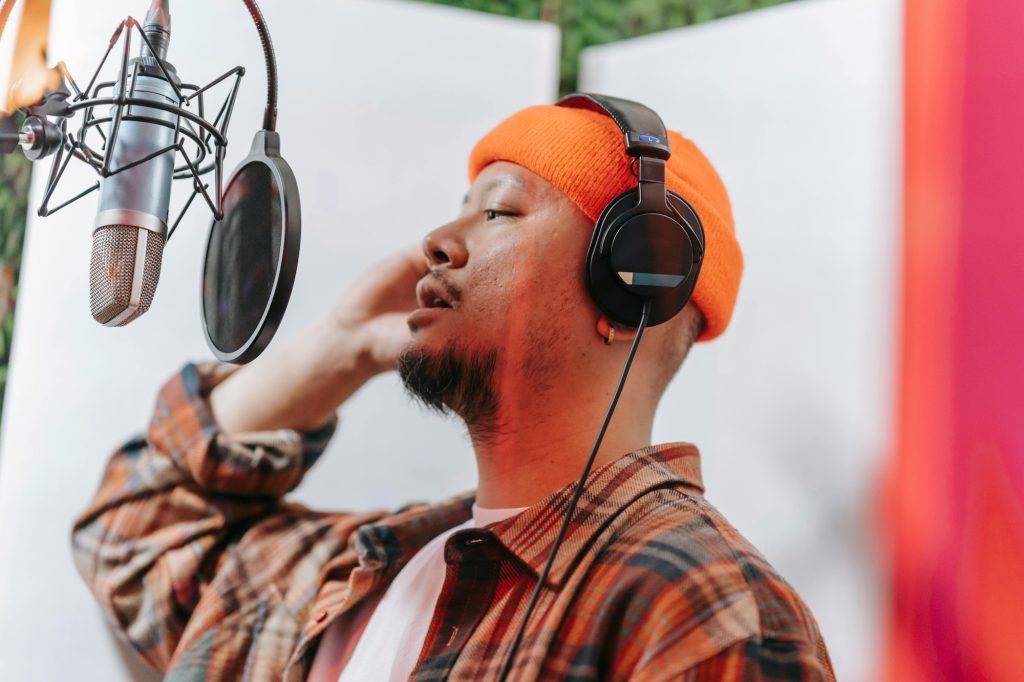

So if you’re a musician, DJ, sound tech, audio engineer, or work in any nightlife or music-related environment, the odds are quite literally against you and your ears.
Let’s take a step back and go back to gear talk. Imagine this: you composed a beautiful piece of music on your DAW. You crafted a tight mix, added beautiful effects, maybe layered some vocals or samples you spent hours sourcing. Then the audio is sent through your high-end audio interface with world-class converters that output pristine signals to your very expensive studio monitors. The setup is flawless — every piece of gear is top-tier. You’ve got what every beginner dreams of.
Now imagine that your hearing is compromised. You can’t hear certain high frequencies. Your perception of midrange is dull. Low-end rumbles seem flat. Your pitch accuracy is off. That amazing mix you were so proud of? To your ears, it sounds balanced. But to others, it’s muddy, harsh, or lifeless. Like it was mixed on a potato. And worst of all, you can’t even tell anymore.
All because you didn’t take care of your ears when you had the chance.
It’s a painful reality, and one that many artists only face when it’s too late. I used to think hearing loss was something that happened to people who worked in factories or stood next to jet engines for a living. I never thought it would affect me — a home studio hobbyist and occasional gigging DJ. But the truth is, it doesn’t take much. Years of exposure to loud music — through headphones, in clubs, or even just studio sessions with poor volume discipline — add up.
The unfortunate part is that, for us folks, prevention isn’t always top of mind. But it’s not impossible, and it’s absolutely necessary. There are things you can do today that can make a real difference.
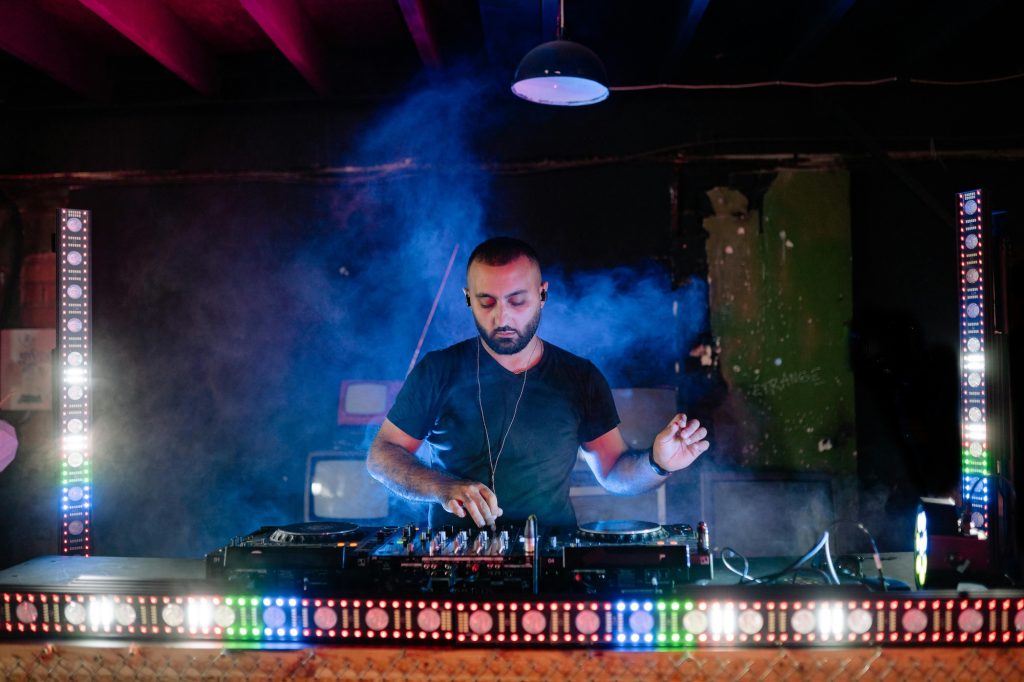

Start using in-ear monitors with proper isolation when playing live. Invest in custom earplugs designed for musicians — they reduce volume without killing the sound quality. Don’t max out your booth monitors just because the energy is high. In the studio, try using monitor speakers instead of headphones as often as you can. And above all, give your ears regular breaks — especially after long sessions or gigs.
I’d even go as far as saying that if you’re serious about a long-term career in music, then protecting your hearing is as important as practicing your craft. What’s the point of mastering production or performance if you gradually lose your ability to hear it all?
You could be making and enjoying music until you naturally lose your hearing due to age — or you could ignore this blog and speed up the process. It’s not meant to scare you, just to make you more aware. Your ears are your most important gear — more important than your interface, your synths, your monitors, or your decks.
Take care of them. They’re the only pair you’ve got.
Sources:
https://www.who.int/health-topics/hearing-loss
https://hearinghealthfoundation.org/musicians
https://pubmed.ncbi.nlm.nih.gov/30261653
https://www.theguardian.com/music/2021/apr/23/musicians-hearing-loss-sound-of-metal
https://www.noisyplanet.nidcd.nih.gov/have-you-heard/musicians-may-face-higher-risk-of-hearing-loss


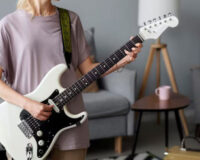

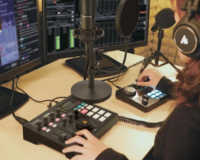
Comments are closed.